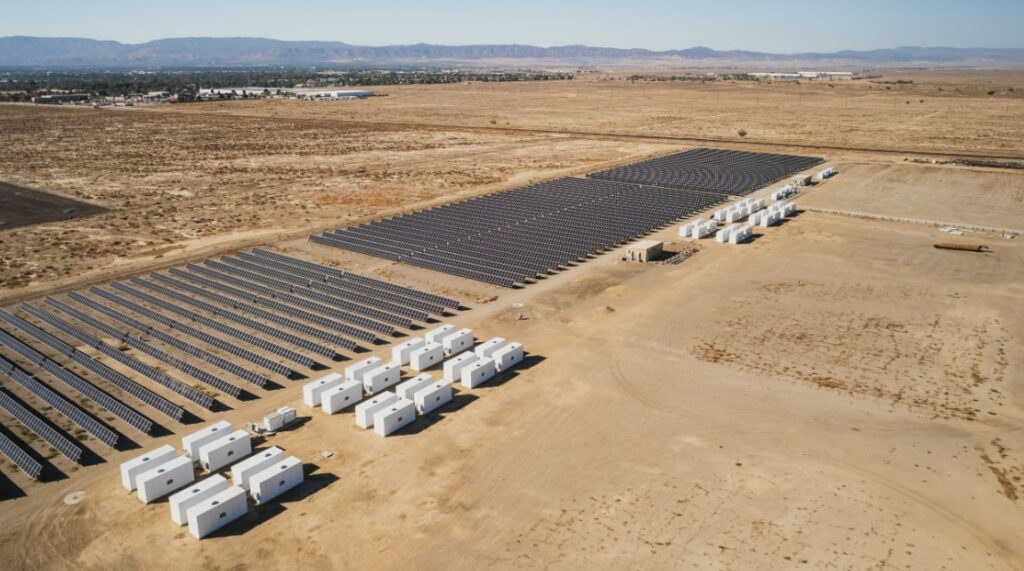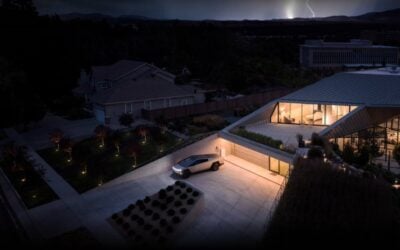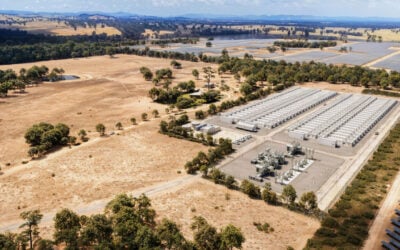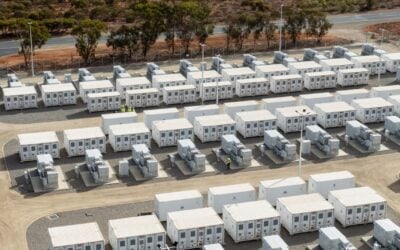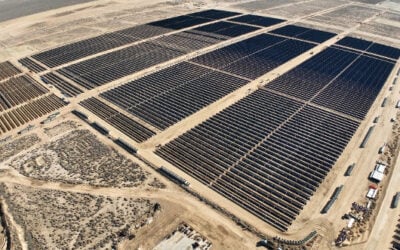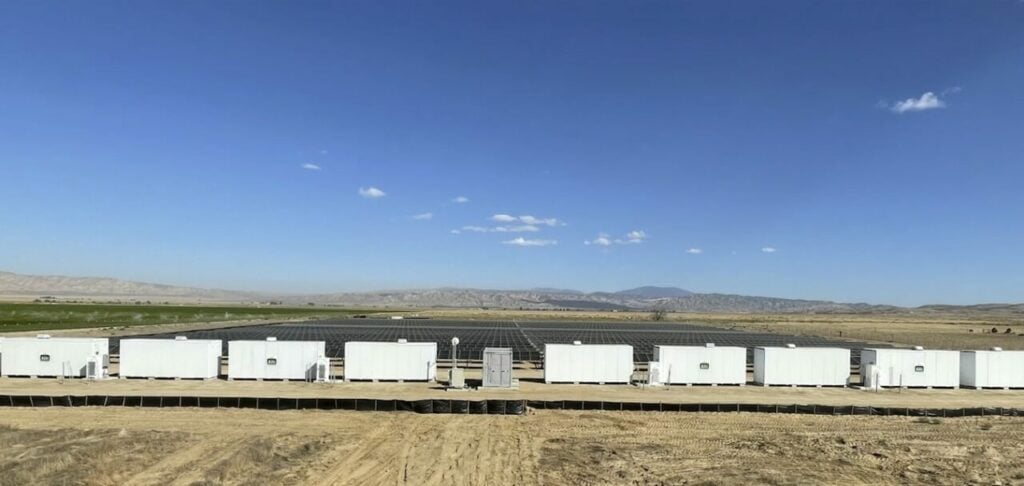
Second life energy storage firm B2U has put its second major project into commercial operation, a 3MW/12MWh system made up of Honda Clarity EV batteries.
The Cuyama battery energy storage system (BESS) has begun operations near the community of New Cuyama, B2U Storage Solutions said today (14 November).
Cuyama is connected to the distribution network operated by utility Pacific Gas and Electric (PG&E) and sells power and grid services into the Californian wholesale power market operated by CAISO.
The project is made up entirely of used electric vehicle (EV) batteries from Honda’s Clarity model. That is different to B2U’s flagship 28MWh Sierra facility, also in California, which uses batteries from a range of vehicles including Nissan, Chevy, Tesla and Ford. B2U didn’t reveal the OEM which made the batteries themselves when asked by Energy-Storage.news.
Try Premium for just $1
- Full premium access for the first month at only $1
- Converts to an annual rate after 30 days unless cancelled
- Cancel anytime during the trial period
Premium Benefits
- Expert industry analysis and interviews
- Digital access to PV Tech Power journal
- Exclusive event discounts
Or get the full Premium subscription right away
Or continue reading this article for free
With its two projects among the largest anywhere in the world made of repurposed EV batteries, we asked president Freeman Hall to discuss how it ensured safe and optimal performance of its systems. A Germany-based second life firm Stabl said earlier this year most second life companies “would struggle” with these over time.
“B2U’s EPS technology is architected to only allow batteries to function within conservative guardrails where battery performance data is monitored in real time, along with hazard detection and other alerts. Batteries are automatically disconnected if guardrail settings are exceeded,” Hall said.
“These points are set well inside the battery’s operational limits for voltage, cell temp, etc. B2U achieves all required permits and UL certification. B2U has conducted extensive testing above and beyond that required for permitting in order to exceed the highest standards to ensure safe and reliable operation of our second life battery systems.”
The company’s business model is different to most others focused on repurposing EV batteries into stationary BESS projects in that it owns and operates its own projects (currently only Cuyama and Sierra) whereas others are technology providers, delivering smaller systems to outside customers. Hall discussed why it had gone this route in an interview with us in February this year.
We asked him for an update on this, how long it took to get a return on its systems, and whether it would move to providing systems to outside parties, to which he claimed returns were double that of first-life systems and that it was looking at third party deals too.
“B2U uses its proven EPS technology to deploy second life batteries in plug and play fashion in large scale BESS that cost about half as much to build and operate as new battery systems. B2U’s facilities earn the same revenue as new battery systems selling energy, ancillary services, capacity attributes, etc.”
“So project returns are double that of new battery systems. B2U is in process with partners and 3rd party customers to increase deployments of second life BESS using its EPS technology. B2U will be expanding outside of California to work in other markets and with 3rd party customers quite soon. Stay tuned.”
Energy-Storage.news did a deep-dive into the topic of second life energy storage for an edition of Solar Media’s quarterly journal PV Tech Power last year.
See all Energy-Storage.news coverage of the second life energy storage space here.
